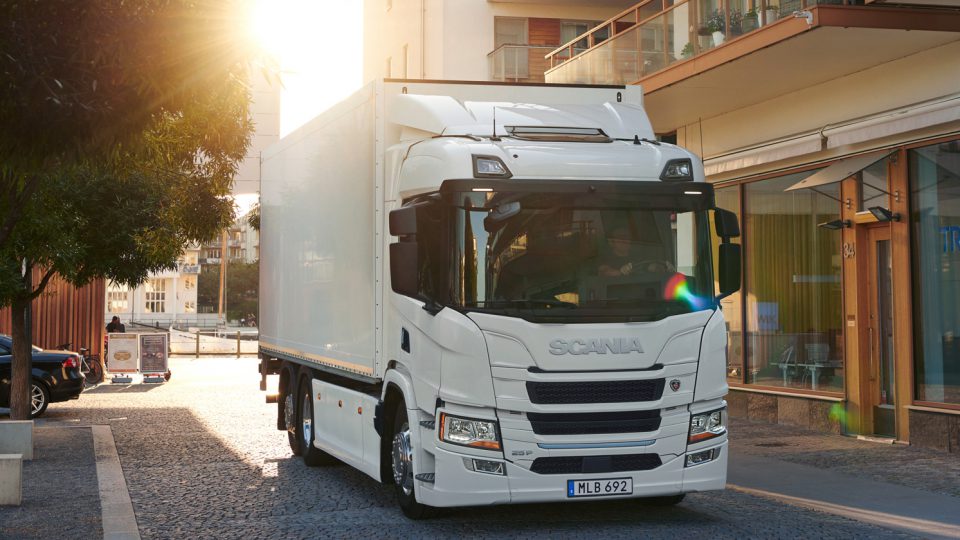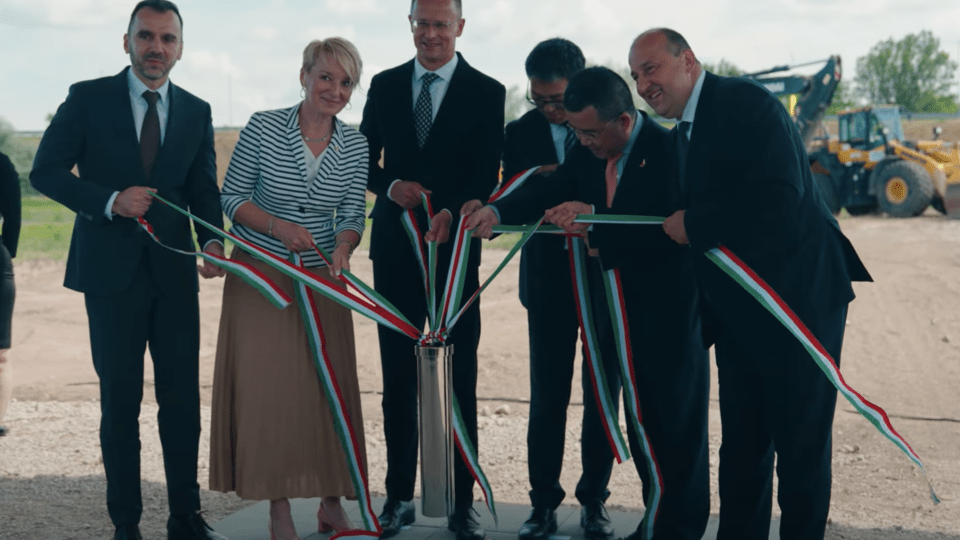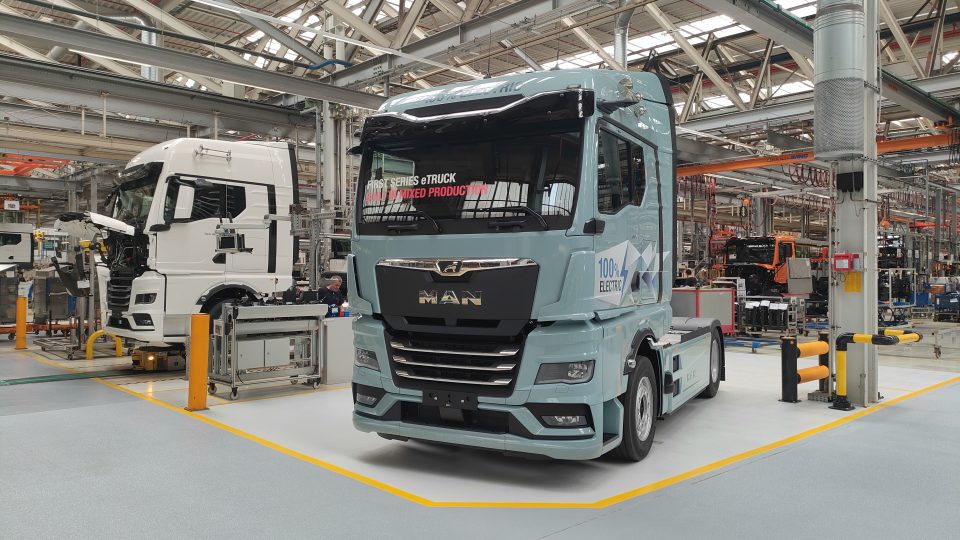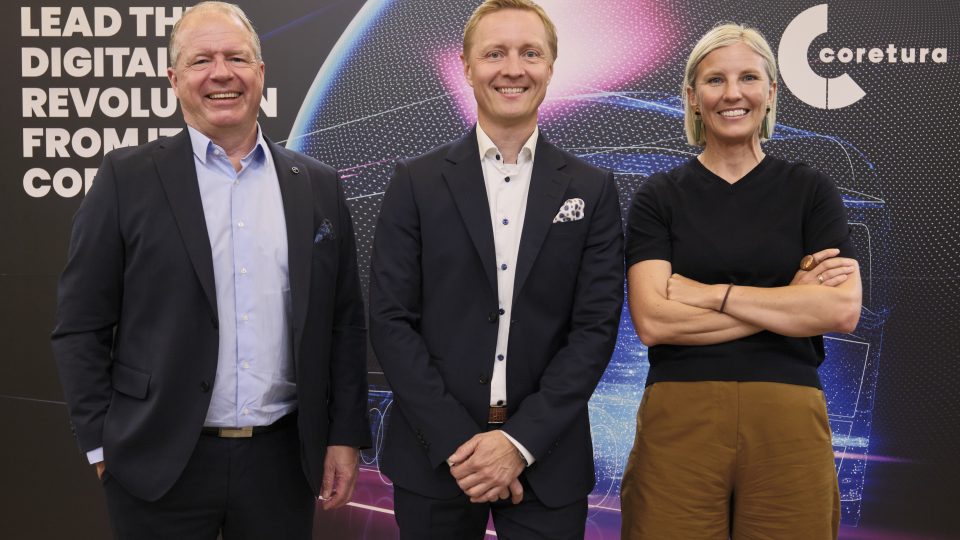Recovery and the push to sustainability. Scania celebrates a good first half of 2021
«Scania has managed to avoid unplanned production stoppages also during the second quarter, despite a very strained situation with a shortage of components in the supply chain. Unfortunately, we do not expect the shortage of semiconductors to end in the short term but it is something we have to continue to deal with», commented CEO Christian Levin.
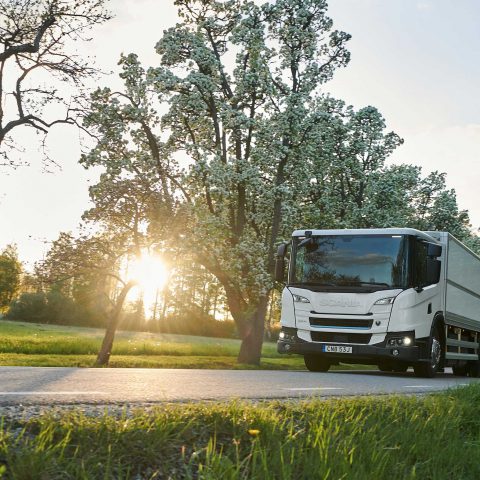
Scania unveiled the group’s results as for the first half of 2021. All the main indicators are good compared to the previous year, which was clearly affected by the pandemic outbreak, above all in the first half of the year. Just to summarize, net sales increased by 28 percent to 74,776 million Swedish crowns (around 7.35 billion euro) and operating income by 246 percent.
On a yearly basis, in the first half of 2021, total vehicle deliveries increased by 62 percent to 49,229 units, compared to the year-earlier period. Total order intake for new trucks and buses and coaches increased by 120 percent during the first six months of 2021 compared to 2020 to 75,437 vehicles. Order intake for trucks increased by 133 percent compared to the year-earlier period and buses and coaches decreased by 27 percent.
Scania has managed to avoid unplanned production stoppages also during the second quarter, despite a very strained situation with a shortage of components in the supply chain
Christian Levin, President and CEO, Scania
The first half of 2021 for Scania: the truck segment
Focusing our attention on trucks, in the second quarter of 2021 order intake in Europe increased by 174 percent to 22,586 units, compared to the second quarter of 2020. Demand increased primarily in France, Great Britain and the Netherlands.
Scania’s total truck deliveries increased by 128 percent to 25,249 units during the second quarter compared to the year-earlier period. Net sales of trucks increased by 56 percent during the first half of 2021. The total market for heavy trucks in 27 of the European Union member countries (all EU countries except Malta) plus Norway, Great Britain, Switzerland and Iceland increased by around 38 percent to about 146,900 units during the first half of 2021. Scania truck registrations amounted to some 25,300 units, equivalent to a market share of about 17.3 percent, slightly higher compared to the previous year.
The issue of component shortage isn’t over
«The recovery has continued during the second quarter of 2021 and both order intake and deliveries rose sharply compared to the previous year», stated President and CEO Christian Levin. «Scania has managed to avoid unplanned production stoppages also during the second quarter, despite a very strained situation with a shortage of components in the supply chain. Unfortunately, we do not expect the shortage of semiconductors to end in the short term but it is something we have to continue to deal with».
Some valuable words have been spoken also with regards to connectivity. «We have passed a milestone in the second quarter with more than 500,000 connected vehicles. The majority of Scania’s vehicle fleet rolling in around 100 markets is now connected. Data gathered from such a large vehicle population provides a valuable insight into customer behaviour and enables analysis of our products in operation. This information is crucial for Scania’s ability to deliver sustainable transport solutions», added Levin.
Potrebbe interessarti
According to Scania, battery electric vehicles have lower environmental impact than ICE ones
Biofuels and electrification for sustainability
So, what about the efforts put by the company in sustainable solutions? It’s good to remind that Scania was awarded with the Green Truck Award for the fifth year in a row. «Step by step, we are making new advances with regard to sustainable transport. We have communicated to our customers that a brand new, even more fuel-efficient platform for combustion engines is coming in the near future. To focus on energy efficiency in conventional powertrains and increase the share of biofuels, while we intensify sales of electric vehicles is the way forward for achieving our climate targets. The rollout of Scania’s fully-electric trucks is ongoing and we have now integrated our production of electric vehicles on the same assembly lines as the combustion engine vehicles».
As for electrification, Christian Levin reminded the recent agreement signed by TRATON Group – owner of the Scania brand – with Daimler Truck and Volvo in order to install and operate public charging network for heavy-duty BEVs and coaches across Europe. «Through partnerships like this we can accelerate the shift towards a sustainable transport. However, a piece of the puzzle that still requires more work and support on the policy side is power supply from renewable energy sources and expansion of the electrical grid».




